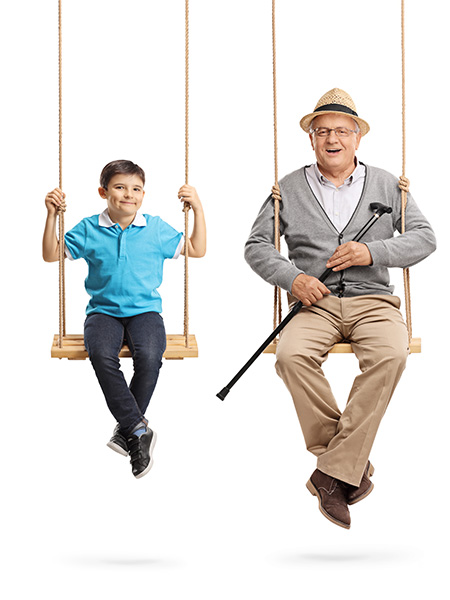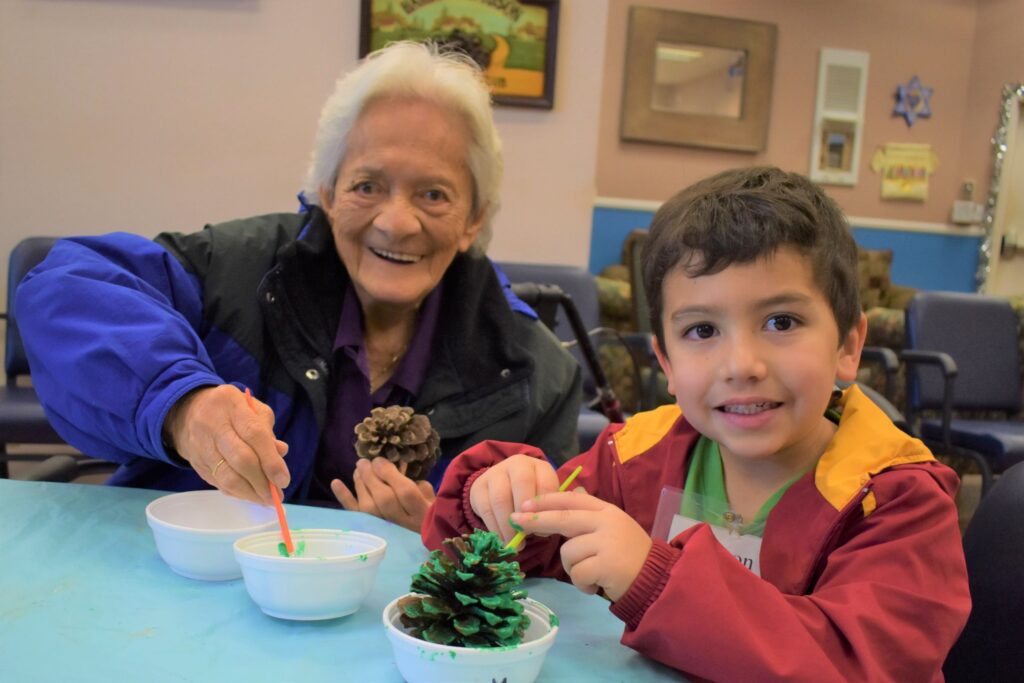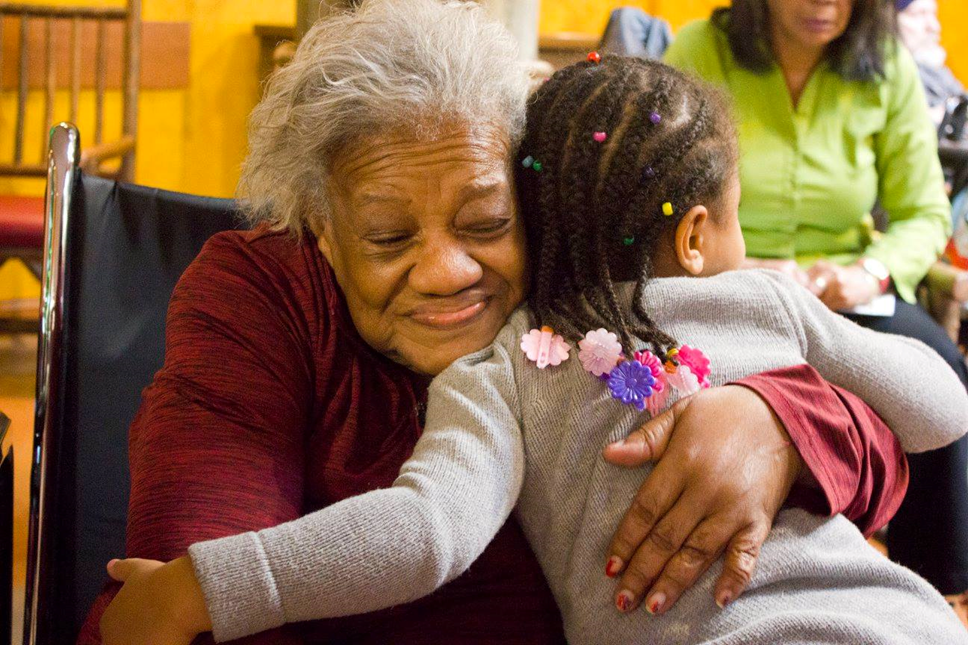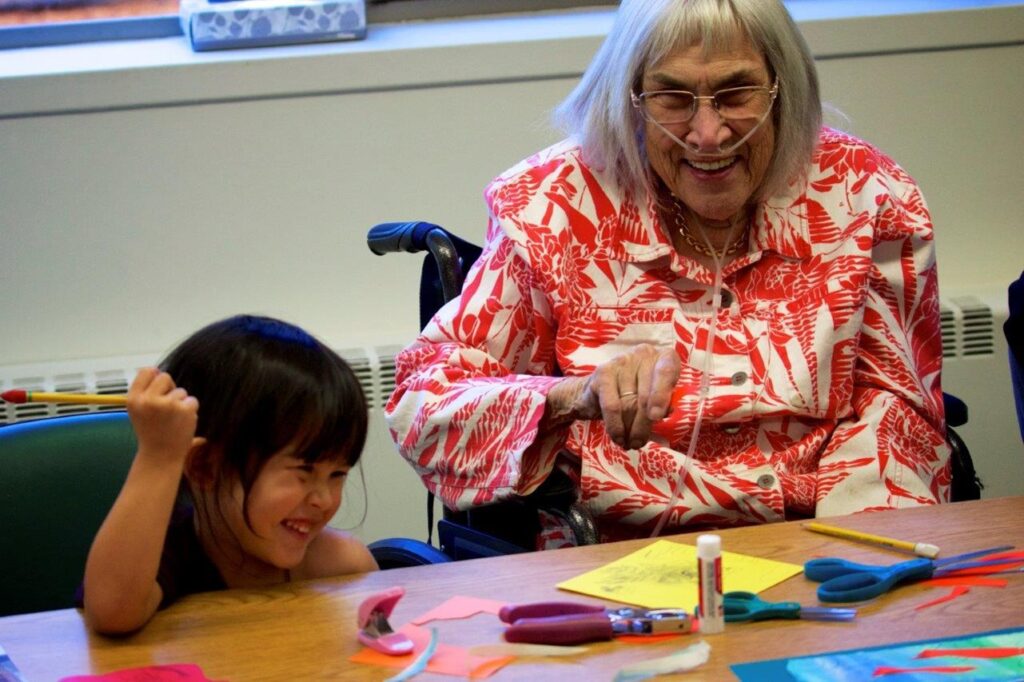- Staffing
- Design New
The need for human connection is a biological and social imperative; loneliness is a warning signal to satisfy that need by seeking out other human beings.
- Fostering Interaction
- Engaging Participants
- Marketing
Sharing Our Space
A Toolkit for Developing and Enhancing Intergenerational Shared Sites
What Are Shared Sites?
Intergenerational shared sites are intentionally designed places that provide services/programs to multiple generations concurrently and foster meaningful cross-age relationships. Participants interact in planned intergenerational activities as well as through informal encounters. Shared sites have built-in opportunities for cost-efficiencies in terms of sharing space, personnel, rent, and other costs.

Why Are They Needed Now?
Over the past two years, the world has experienced a deadly pandemic, one that has taken millions of lives, negatively impacted global economies, and elevated longstanding inequities. Restrictions on physical contact, the closure of many public venues, and fears about the rapid spread of Covid-19 have further exacerbated the loneliness epidemic that has been increasingly impacting individuals of all ages.
How can we heal from this pandemic and restore a sense of human connectedness? New models of care are needed, particularly for young children and older adults, that intentionally focus on building meaningful relationships, not just providing services.
How Can This Toolkit Help Me?
If you are interested in developing a new intergenerational shared site or want to enhance an existing site, this Toolkit is for you. Based on research and the experiences of practitioners in the intergenerational field, this Toolkit includes effective practices, challenges, tips, examples, and concrete tools that will help you in your planning and implementation efforts. Although it focuses primarily on facilities that engage older adults with young children (toddlers through Kindergarten), many of the promising practices and tips are relevant for other populations and settings.

What Do Shared Sites Look Like?

ONEgeneration Senior Enrichment Center and Intergenerational Program in the San Fernando Valley of California includes day-care and a preschool serving more than 150 children under age 6.

St. Ann Center for Intergenerational Care in Wisconsin, specializes in adult and child day services in a safe, homelike intergenerational setting, where compassion, care and dignity are key. It brings all ages together, from 6 weeks old to 100-plus.

Providence Mount St. Vincent, a home for 400 older adults in Washington State, also includes the Intergenerational Learning Center which provides child-care designed to encourage spontaneous interaction among generations. Adults and children can play with toys in the lobby, participate in singalongs, and more.

Kendal at Oberlin in Ohio offers independent living, memory support, assisted living and nursing care for over 350 older adults living on the campus and connects with children from the on-site Kendal Early Learning Center (age 3 years to 1st grade) and students from nearby Oberlin College.



